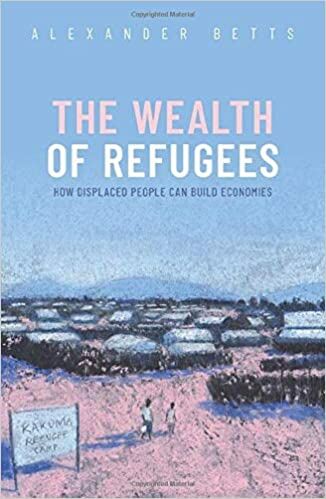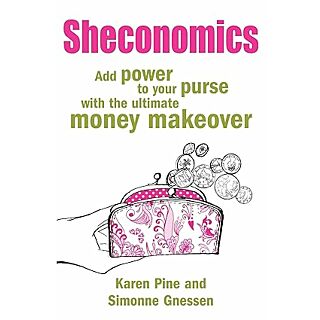Local Storage seems to be disabled in your browser.
For the best experience on our site, be sure to turn on Local Storage in your browser.
We live in an age of displacement. Refugee numbers are increasing due to a proliferation of fragile states, and this problem will be exacerbated by climate change and the impact of COVID-19. And yet, rising populist nationalism has undermined the political willingness of rich countries to accept migrants and asylum seekers. Given these contradictory trends, how can we create sustainable refugee policies that enable displaced people to live in safety and dignity, while operating at scale?
The Wealth of Refugees draws upon a decade of original qualitative and quantitative research to offer practical solutions. Focusing on refugees in camps and cities in Africa, it identifies approaches that can be effective in improving the welfare of refugees, increasing social cohesion between refugees and host communities, and reducing the need for onward migration. The book argues that the key lies in unlocking the potential contributions of refugees themselves. Refugees bring skills, talents, and aspirations and can be a benefit rather than a burden to receiving societies. Realizing this potential relies upon moving beyond a purely humanitarian focus to fully include refugees in host-country economies, build economic opportunities in refugee-hosting regions, and navigate the ambiguous politics of refugee protection.
| Author | Alexander Betts |
|---|












Sign In
Create New Account